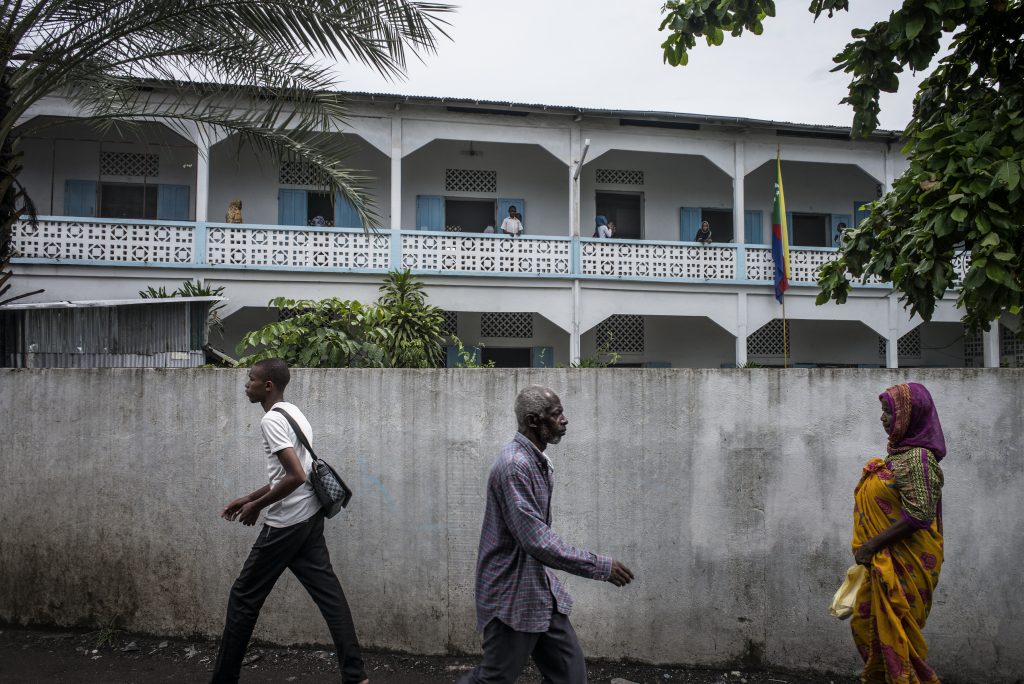São Paulo – The Comoro Islands’ economy improved last year, according to the International Monetary Fund (IMF). The Arab country is a three-island archipelago in the Indian Ocean off the east coast of Africa. In a report released on Friday (29), the IMF estimates that the Growth Domestic Product (GDP) has grown 2.7% last year, half percentage point above 2016’s figure, and that in 2018 Comoros will register an even sharper growth at 2.8%¨.
According to the IMF, a series of factors contributed for the performance of the local economy in 2017, among them the improvement in the power structure and the increase in exports and remittances from abroad. Exports went up 26.2% in revenues, despite a slight drop of 0.9% in volume.
According to the fund, the growth could have been great if not for a deterioration of the business climate and tensions in the financial sector. The IMF points out that reforms aiming at improving the country’s revenues began to bear results, boosted by fees and tax collection, despite the challenges from the implementation of the fiscal policy.
Despite revenues going up, they came up short of the ambitious budget plan set by the country and weren’t enough to cover all the current expenditures. Thus, revenues were complemented by a budget support provided by Saudi Arabia and the United Arab Emirates, plus loans from the financial sector.
According to the IMF, investments also came up short from the necessary level to reduce local deficit in infrastructure and support growth expectations of the Comoros Islands. “The near-term outlook remains challenging in the absence of further reform efforts,” states the report.
According to the fund, the Arab country needs to contain vulnerabilities and achieve sufficiently-high and sustainable growth rates to boost living standards. This, according to the International Monetary Fund demands building on current reform efforts, with the implementation of a comprehensive set of policy measures.
The IMF states that the Comoros Islands need to overcome bottlenecks in basic infrastructure, highways and electricity, improve the business climates, increase revenues, strengthening judicial effectiveness and address the financial sector fragilities. “This will all be key to boosting long-term growth prospects,” says the IMF.
In 2015, the Comoros Islands grew 1%. In 2016, the GDP increased 2.2%. For next year, the IMF’s expecting the country to register the same growth percentage of this year, 2.8%, increasing to 2.9% in 2020, and 3.1% in 2021. For 2022 and 2023, the growth forecasts go to 3.2% and 3.3%, respectively.
Translated by Sérgio Kakitani




